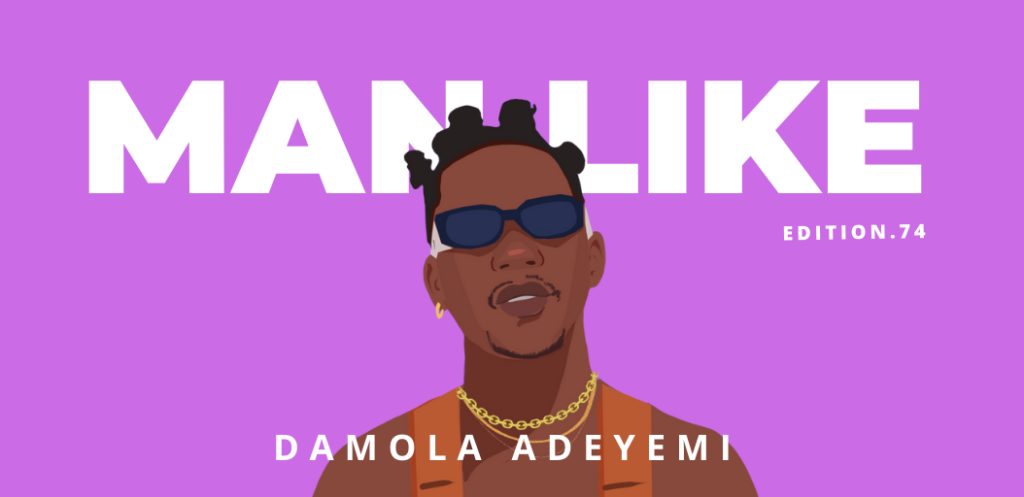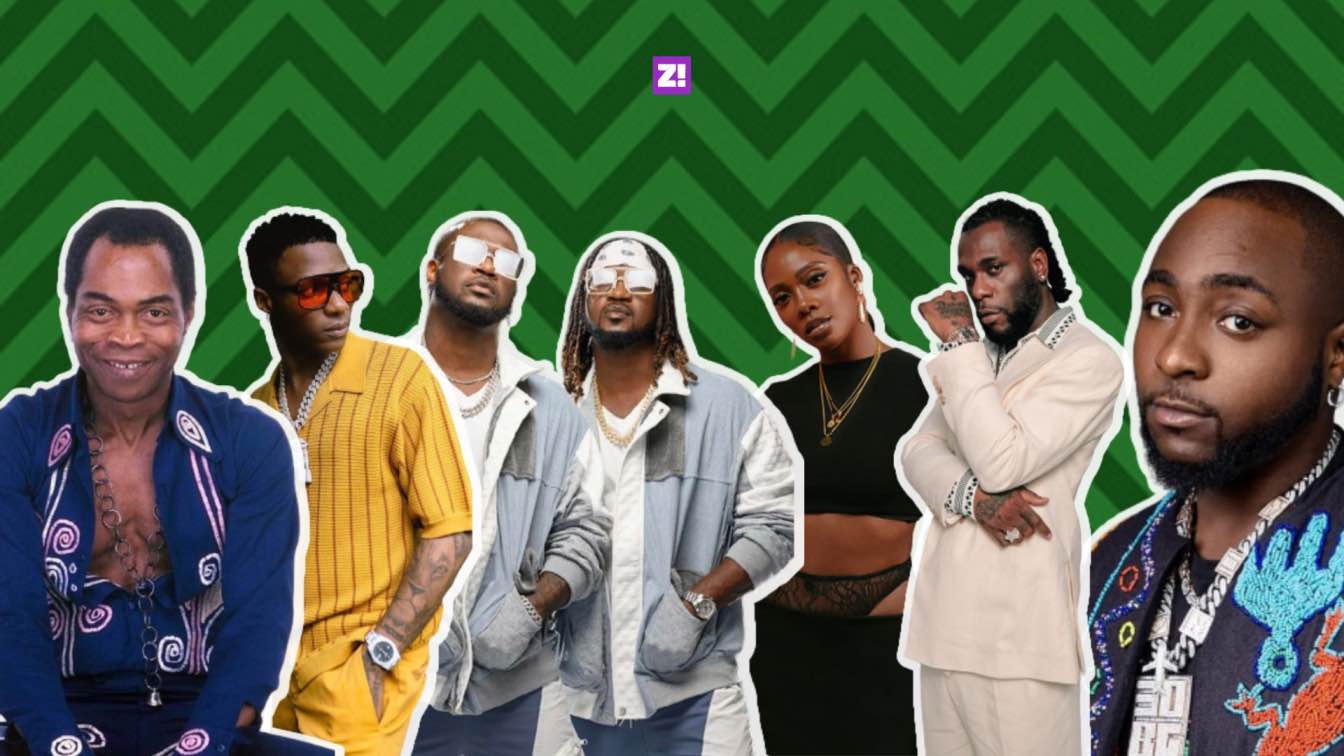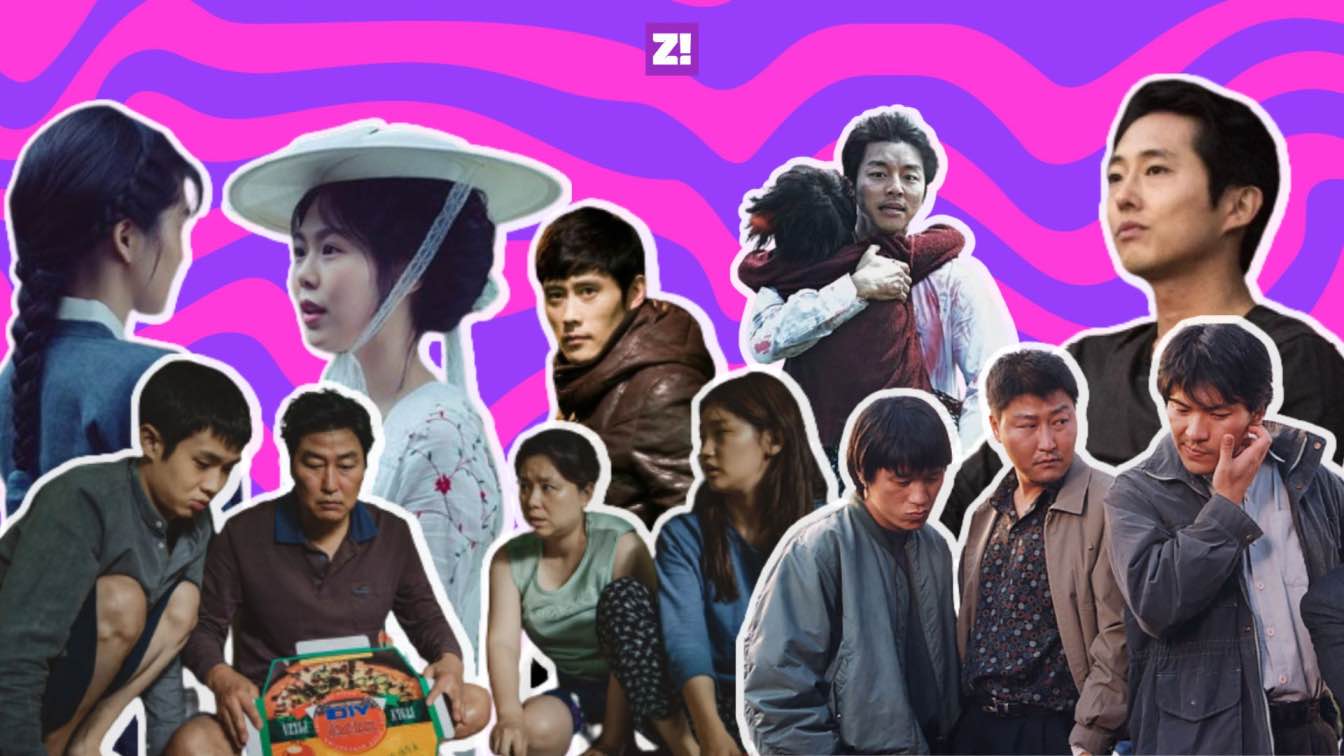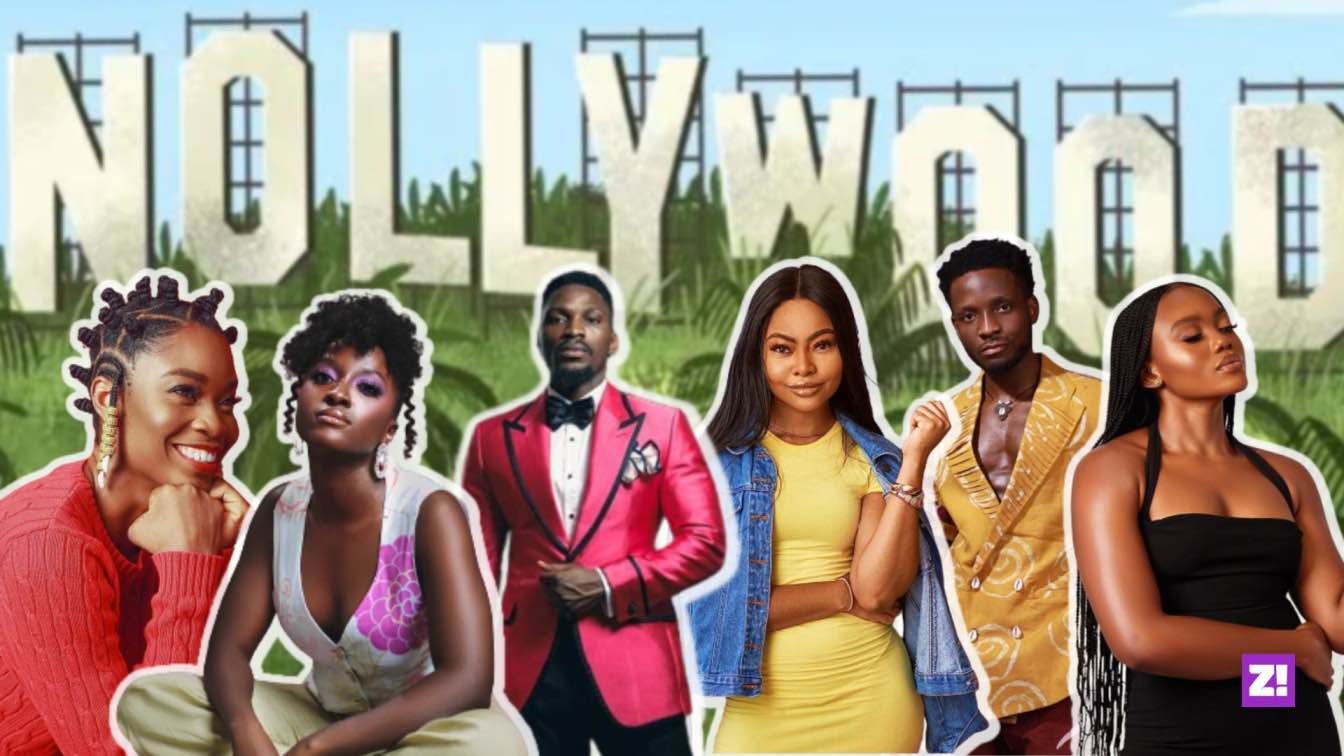What does it mean to be a man? Surely, it’s not one thing. It’s a series of little moments that add up. Man Like is a weekly Zikoko series documenting these moments to see how it adds up. It’s a series for men by men, talking about men’s issues. We try to understand what it means to “be a man” from the perspective of the subject of the week.

Damola Adeyemi sees the silver lining in everything. Working in Nigeria’s commercial capital, Lagos, where any and everything can go wrong, it’s easy to see why the Lagos-based stylist relies a lot on his humour. If you can laugh at your situation, it’d probably hurt less. Damola has become a well-known name in the fashion circuit for crafting the style for films and TV shows like Ayinla, Battleground, MTV Shuga, Desperate Housewives and Skinny Girl in Transit, as well as stars like Sharon Ooja, Toke Makinwa and Adesua Etomi-Wellington. So how does he manage all the moving parts of his career despite the chaos around him?
In this episode of Man Like, he talks about losing his mum, his dad walking out on him and his siblings, using fashion as a tool to deal with the pressures of being a Nigerian man and why he desperately needs to leave the single streets.
Can you tell me a moment from your childhood that stood out to you?
Losing my mum when I was 13, and my dad walked away right after she died.
What?
Growing up, I was a mummy’s boy so losing my mum was a major moment for me. She died on a Sunday, and I had seen her the Thursday before she passed. It was such a huge blow, I refused to see the body. I wanted to remember her alive, just as she was the last time I saw her.
And your dad just upped and left?
LOL. It’s crazy because I couldn’t fully process her death until I got older. I got shipped to boarding school almost immediately, so I barely had time to settle into my new reality. My mum died in September, he dropped me off in school in January and I haven’t seen him since then. There was no real explanation. He just left me, my brother and my sister behind.
Wow.
We all have villains in our life story, and I’ll say my dad was mine. Thankfully, my mum’s older brother stepped in and made sure we were well taken care of. So I eventually grew up with him and my cousins. We’re still a close-knit family to this day.
Did you make any attempts to find him?
I did right after secondary school. I hunted down his phone number and gave him a call. He picked up and I said, “Hi daddy, this is Damola”. Do you know what he said? “Damola, why are you just calling me now?” I had to end the call right there. I think he tried to call me back, but I didn’t pick up. I confided in my mum’s sister and she asked me to delete his number and keep what happened to myself. I think she was trying to protect me from getting disappointed by him.
This must’ve been hard for you.
It was. I heard he passed away last year. I know it’s been a long time, and I should probably let it go, but I’m still angry at him. There are certain decisions I’ve made that can be traced back to him abandoning us. I don’t want to have kids, and I feel like it’s because I’m scared I’ll make the same mistakes he made. That’s scary. I don’t want to be my father’s child. But on a lighter note, I also want to party till I’m 70 without any extra baggage in the form of children.
They can be a lot to handle. I babysit my nieces once in a while and I’m like, “This can’t be me.”
LOL. Talking about stepping up as a man, I’m curious about when you got your “I’m a man now” moment.
Omo, the day I paid house rent for the first time. I had always lived with friends or my sister, so this was a huge step for me. I was now extra enough to buy a car around the same time. The next thing I knew, my cousins started taxing me.
That’s standard now. Damola funds!
I don’t mind the black tax — as long as I have money sha. The moment they say, “hi”, my brain already knows where the conversation is going. I’ve been that cousin before, so I get it. Back in university, I used to call and disturb people for money too. I was very charming so no one could tell me no. Being good with words and my charm has helped me go a long way in my career as well.
Tell me a little bit about how you became “Damola the stylist”.
I had always been a fashionable baby boy. My first major fashion entry was interning at Arise Fashion Week in 2012. This was how I met my mentor Bolaji Animashaun, who I followed as an assistant to Maltina Dance All Competition. From there, I started working with other stylists like Yolanda Okereke who introduced me to Skinny Girl in Transit. As part of a styling team, I went on to do other projects like Desperate Housewives for EbonyLife TV and Battleground
I’m doing work that will outlive me and that makes me happy.
RELATED: Fashion Helps Me Manage My Anxiety — Man Like Denola Grey
Is working in fashion really as glamorous as we (people on the outside) think it is?
Glamorous? It’s very chaotic. LOL. Working in fashion in this Lagos, omo, there’s nothing I haven’t seen. From the time a dispatch rider ran away with my clothes on the day of a shoot to the time I had to take a bike to third mainland bridge to pick up clothes. Sometimes, I find myself going to designers to make my case as to why they need to make or lend us clothes for a shoot or celebrity. It’s a lot of work and yet, as stylists, we still don’t get our flowers.
Damn. So what do you love about your job?
I love how my job keeps me busy. It’s a safe space for me, and a routine reduces the amount of time I have for rubbish.
But not having time can have its negative side. These days, I’m beginning to realise I don’t have time for some of the people in my life. I go online and there’s always one wedding or birthday I’ve missed because of work.
How do the people in your life handle your constant absence?
It’s tough, I’m sure. But I do my best to reach out and maintain a presence in their lives. I call and text a lot. I even reply to Instagram stories. Even though I’m not present physically, I want them to feel like I’m a part of their lives.
And romantic relationships?
Romance is a matter of spontaneity for me. If I meet you and we hit it off, then that’s good. If it’s a one-night stand, then great. LOL. But the truth is, Lagos hasn’t been fair to me relationship-wise. I’m handsome, rich and hardworking, how the hell am I still single? The math is not mathing.
Maybe it’s because you don’t have time.
Even though! Okay, I’ll be honest, I don’t think I’m trying hard enough. All I do is complain. But if it’s meant to be, then it’ll happen.
Fingers crossed. As a man in fashion, do you think times are changing with regards to how men express themselves through clothes?
Things are changing. Looking at the current landscape of fashion, we have people like Daniel Obasi doing big things as a stylist and creative director. The best part, these men all bring something different to the table. Back when Denola Grey started wearing belted suits, people were shocked. Now the boys are out here painting their nails, rocking mesh tops and expressing themselves however they want. The lines between menswear and womenswear are being blurred out, and I love to see it.
Same. But do you think men leaning towards what we’ve come to know as classic feminine aesthetics is now overplayed in fashion?
No. Men have always been fluid when it comes to fashion. If we look back at our parents’ style back in the 1970s and 1980s where men wore exaggerated bell bottoms, you’d see that what we now see as reserved for women, is what the men back then were rocking without a care in the world. We went through this gangster phase in the 1990s, and fashion became rigid. It’s good to see us get back our more flamboyant side as men. We don’t have to think too deeply about symbolism. Emotions should be the defining factor that influences our styles.
Thankfully, we also exist in a time where gender-bending role models like Kid Cudi are blurring the lines further, and reminding us that men dressing however they want — exploring masculinity and femininity — should be normal and not necessarily groundbreaking.
So what does it mean to be a Nigerian man living in Nigeria?
Double pressure. There’s a pressure that comes with being a man, and then there’s added pressure that comes with being a Nigerian man. Nigeria is unforgiving of men who aren’t successful. Like Yoruba people say, “Iwọ jẹ ọkunrin ti ko ni iṣẹ ṣẹ”. You can’t be a man and not have something [work] to do.
For us as Nigerian men, there’s this subtle rivalry where everyone feels the need to be more successful than the next man. We’re not trying to make it for ourselves, we’re doing it because we feel like we don’t have a choice. We live in fear that since the space for success is limited, there can only be one winner. I don’t even think it’s just a guy thing, it’s a Nigerian thing. We’re raised to believe that there can only be one winner. Everyone is under pressure to make it by any means necessary.
How do you handle this pressure?
Work. I focus on working hard and killing it in my career. Since my focus is set on one thing, I’m able to ignore everything else.
I have a job that I love, and love from my family and friends. I’m happy.
Amen to that. What are you looking forward to this year?
See, I hope I find love soon because the streets are lonely AF. I’ve seen and done it all. Now I want to meet the bone of my bone and relax.
I’m putting you in my prayers. LOL
CONTINUE READING: Men Can Be Both Masculine And Effeminate — Man Like Jerry Oputa




